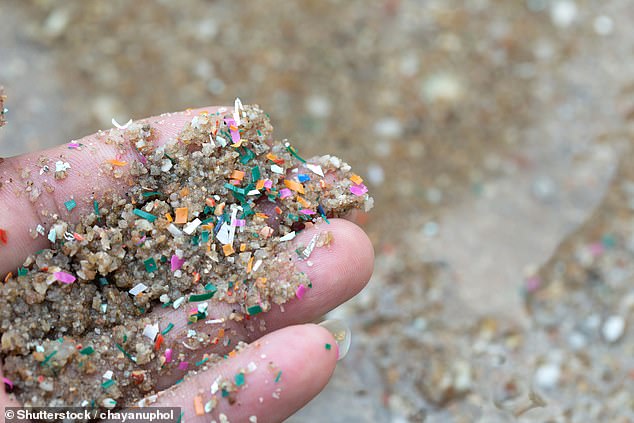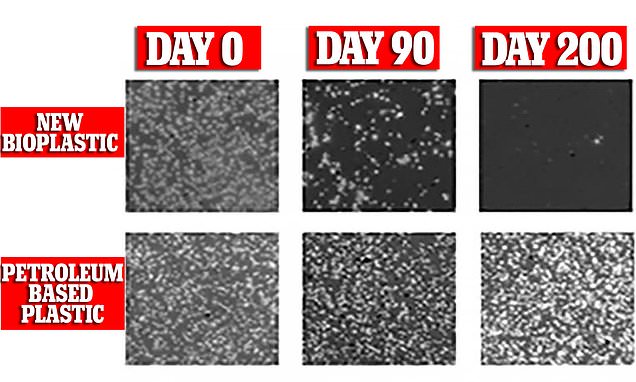Safe Plant-Based Plastics Invented by Scientists

Did you know that scientists have developed a new type of polymer plastic made from algae? This innovative material, also known as bio-plastic, has been found to biodegrade in just 200 days when buried in landfill sites. In comparison, only 35% of traditional plastics can decompose in the same period of time[^1^].
The Environmental Impact of Traditional Plastics
Traditional plastics are known to break down into microplastics, which have been found in human blood vessels, lungs, and even in unborn babies. These microplastics can take anywhere from 100 to 1,000 years to decompose[^1^][^2^]. This poses a significant threat to our health and the environment.
A Sustainable Solution
A team of researchers embarked on a project to explore alternatives to existing materials and ensure their biodegradability. They started by grinding plant-based polymers into tiny particles and used three measuring tools to test if bacteria in the mixture could break down the material[^1^].
By measuring the amount of carbon dioxide (CO2) released during decomposition, the research team determined that the material met the industry standard of at least 90% biodegradation within six months[^1^][^3^].
Furthermore, the researchers compared the algae-based bioplastics with petroleum-based plastics. Using a method called water flotation, they found that the petroleum-based plastics were nearly completely recovered after 90 and 200 days of testing, whereas only 3% of the plant-based bioplastics remained[^1^].
The Importance of An Eco-Friendly Plastic
Stephen Mayfield, a professor at the University of California – San Diego and co-founder of Algenesis, emphasized that this new material is the first proven plastic not to produce microplastics during use. He stated, “It’s not just a sustainable solution to the end-life of our products and our overloaded landfills. It’s also truly safe for our health”[^3^].
This breakthrough research marks a crucial step in removing harmful microplastics from the environment, which can cause heart disease, some forms of cancer, reproductive issues, and memory loss[^3^][^4^].
The Future of Eco-Friendly Plastics
With increased public awareness of microplastic pollution, interest in finding sustainable alternatives has grown. Scientists are making significant strides in turning algae into biofuels and creating biodegradable products like the world’s first biodegradable polyurethane shoe soles made from fossilized algae[^4^].
Plastics made from fossilized algae have the potential to be the best choice for future biodegradable products. The research team has also collaborated with a technology group to incorporate the new bio-plastic into mobile phone casings[^4^].
As we strive to protect our environment and our health, these plant-based plastics offer a promising solution to the plastic pollution crisis.

